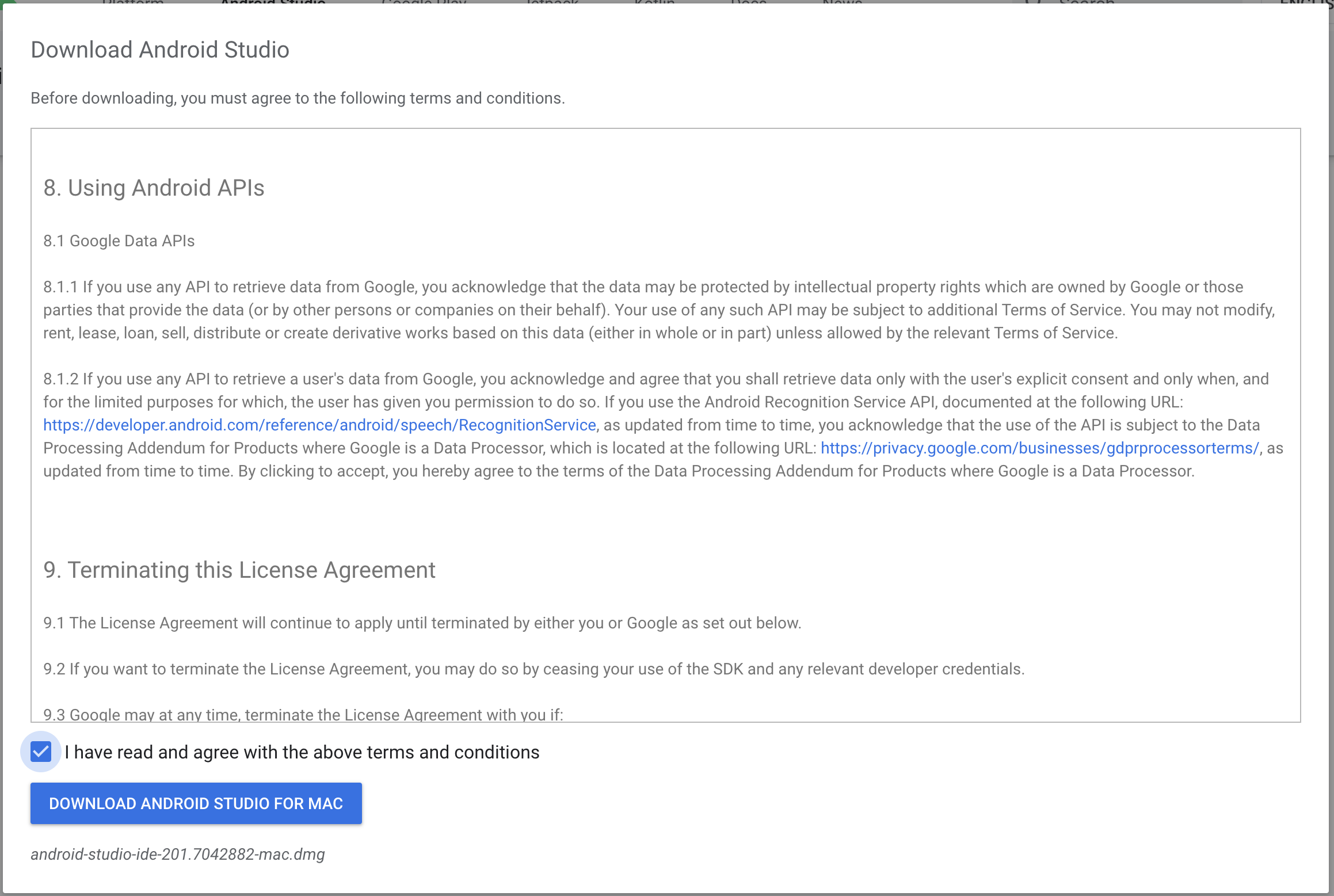

For backwards compatibility, the API also

Google Maps-based APIs on the Android platform, including the A key with this name can be used to authenticate to multiple
In your AndroidManifest.xml file, go toĬom._KEY and update the android:value attributeĬom._KEY is the recommended metadata nameįor the API key. Open the local.properties in your project level directory, and then add theįollowing code. Next, open your module-level adle file and add the following code to the. Id '.crets-gradle-plugin' version '2.0.1' apply false In Android Studio, open your project-level adle file and add the followingĬode to the dependencies element under buildscript. To install the plugin and store your API key: To streamline this task, we recommend that you use the For more information about the local.properties file, see Storing it in the local.properties file, which is located in the root directory of your You should not check your API key into your version control system, so we recommend This section describes how to store your API key so that it can be securely referenced by In your module-level adle file, set compileSdk. Section of your module-level adle file, add a dependency t(RepositoriesMode.FAIL_ON_PROJECT_REPOS) Under the dependencyResolutionManagement block: Must appear before any other statements in the script. In your top-level adle file, include the. The Places SDK for Android library is available throughĪdd the SDK to your app, do the following: Android Studio Arctic Fox or later is required. They are required for all apps using the Places SDK for Android. To configure your app to use the Places SDK for Android, follow these In order to retain compatibility, you must migrate your projects to 
Version 2.0.0 and later of the Places SDK for Android is dependent onīeginning with this version, the old support library will no longer be Prepare for Google Play data disclosure requirements.







 0 kommentar(er)
0 kommentar(er)
